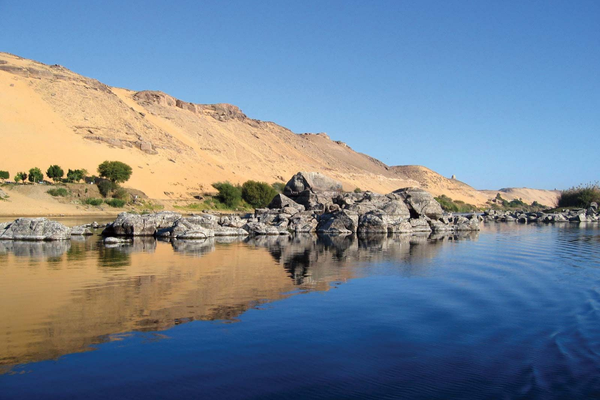Researchers found new evidence regarding a dried-up branch of the Nile River that once weaved through the landscape in a more suitable climate.
About Nile River:
- The Nile River, stretching approximately 6,650 km (4,130 mi), is one of the world’s longest rivers.
- It flows through eleven countries in northeastern Africa including Egypt, Sudan, Ethiopia, and Uganda.
- Originating from two primary tributaries, the White Nile and the Blue Nile, the river merges at Khartoum, Sudan.
- The White Nile starts at Lake Victoria, while the Blue Nile begins at Lake Tana in Ethiopia, contributing most of the water and silt downstream.
- Historically, the Nile was critical for agriculture in Egypt, providing fertile soil due to annual floods that deposited rich silt along its banks.
- These floods have been significantly regulated by the construction of the Aswan High Dam.
| UPSC IAS Preparation Resources | |
| Current Affairs Analysis | Topperspedia |
| GS Shots | Simply Explained |
| Daily Flash Cards | Daily Quiz |




